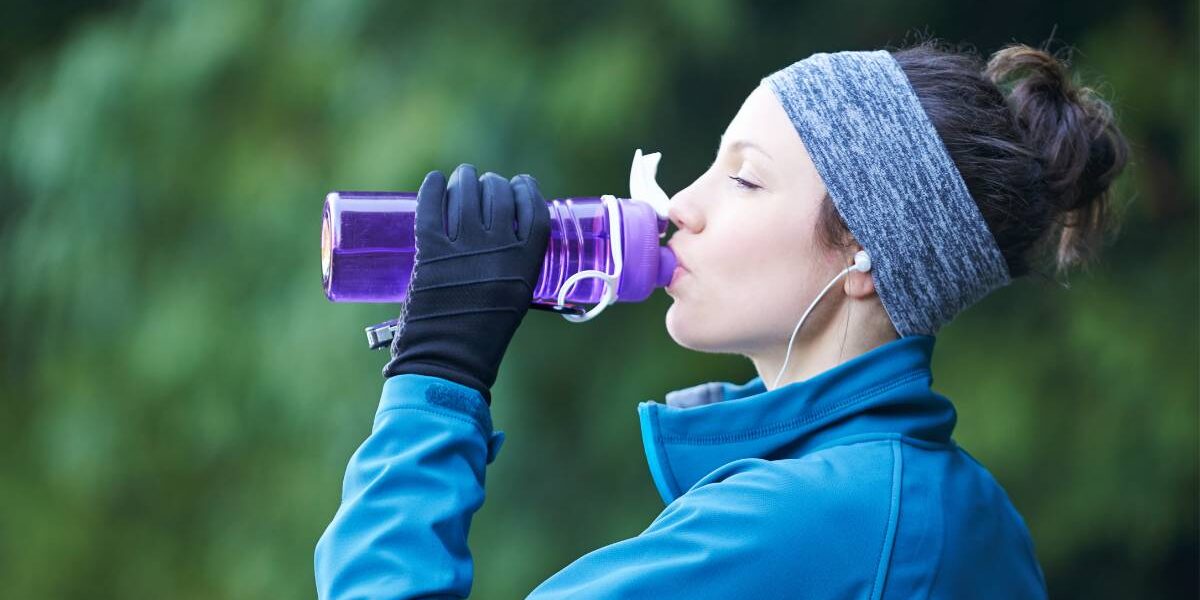Importance of Staying Hydrated in Winter
Everyone knows the importance of staying hydrated in the hot summer months, but did you know that staying hydrated in the winter is just as important? Cold weather can trick you into thinking you don’t need to drink as much water, but your body still loses moisture during the colder months, and dehydration can sneak up on you. Here’s why hydration is crucial during the winter and how you can stay on top of it.
Why Winter Hydration Matters
- Dry air can lead to moisture loss from your skin and respiratory system. The drier environment increases the risk of dehydration, even if you’re not sweating as much as you would in the summer.
- Cold temperatures reduce thirst, which means you might not feel the urge to drink as much water. Just because you don’t feel thirsty doesn’t mean your body isn’t still losing fluids however.
- Dehydration can weaken your immune system, leaving you more vulnerable to winter illnesses like the flu or colds. Proper hydration supports healthy bodily functions, including your immune system.
- Dry skin and lips can be uncomfortable or downright painful.
How to Stay Hydrated in the Winter
- Drink water regularly, even if you don’t feel thirsty. Aim for at least 8 glasses, but more may be needed depending on your activity level and environment.
- Switch to warm beverages like tea, coffee, and warm water with lemon. Just be mindful of caffeine, as it can act as a diuretic and increase fluid loss.
- Eat your water by incorporating water-rich foods like soups, stews, oranges, apples, and berries. These can help replenish your body’s moisture levels.
- Use a humidifier to increase moisture levels in your home, especially when the heat is on.
- Avoid alcohol which can lead to dehydration, especially when consumed in excess. If you enjoy a drink, balance it out by drinking water too.

